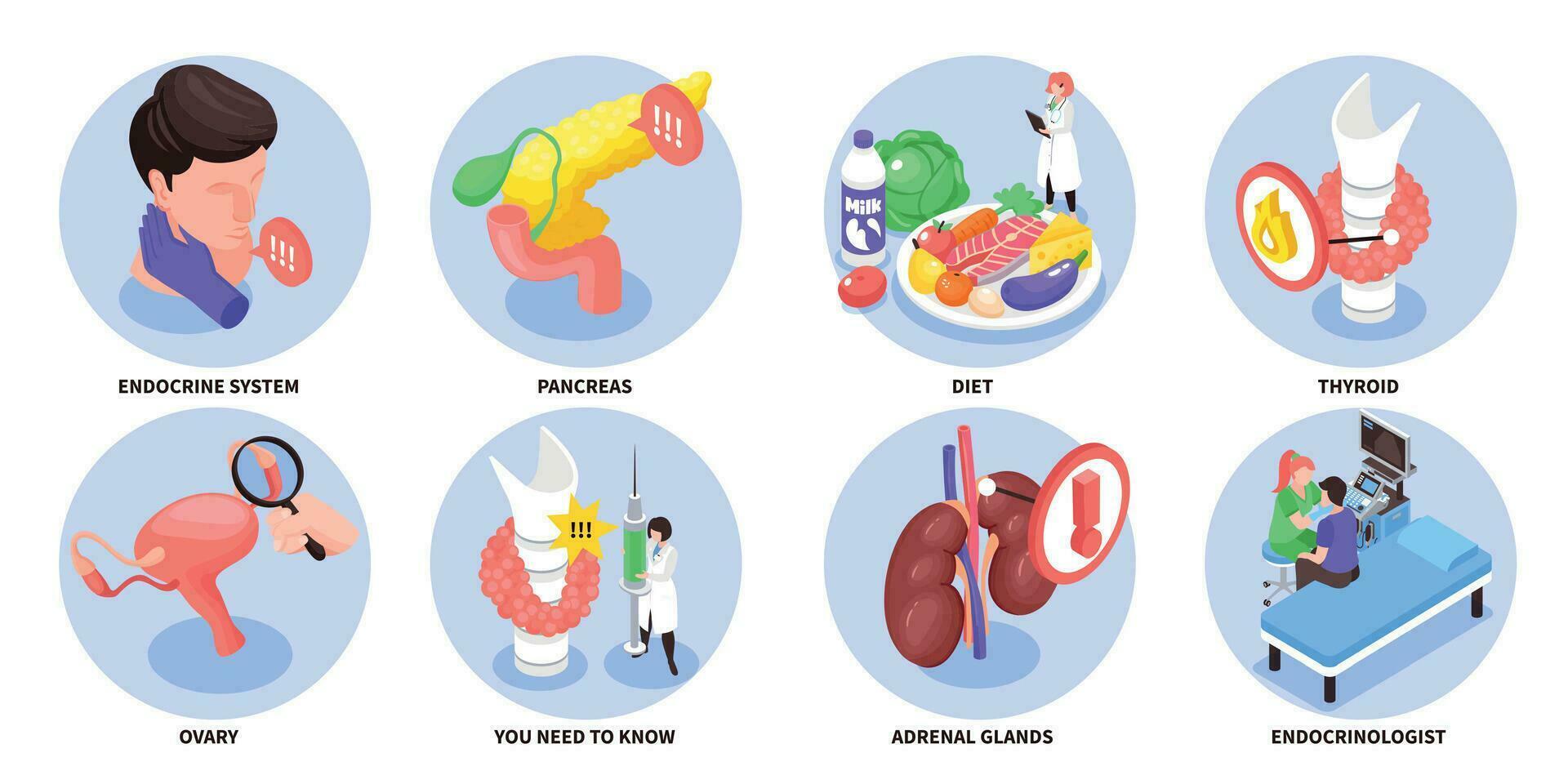Endocrinologist in Georgetown: Advanced Take Care Of Hormonal Health
Wiki Article
The Scientific Research Behind Hormonal Agent Regulation: Insights From an Endocrinologist
The Scientific Research Behind Hormonal Agent Regulation: Insights From an Endocrinologist provides a thorough expedition of the elaborate procedures associated with hormonal agent regulation. Composed by a knowledgeable endocrinologist, this informative overview delves into the interesting globe of hormonal agents and their crucial role in preserving physical features. From the principles of hormonal agent manufacturing to the complex feedback loops that govern their release, this book offers a careful exam of the devices at play. In addition, it discovers the numerous factors that can disrupt hormone balance and offers valuable insights into how these imbalances can be diagnosed and dealt with. Whether you are a doctor looking for a much deeper understanding of endocrine feature or a specific curious about discovering the science behind hormone regulation, this book is an important source.Hormones and Their Functions
Hormonal agents play crucial roles in the law and control of different physical procedures within the body. These chemical messengers are generated by endocrine glands and are released right into the bloodstream, where they take a trip to target cells or body organs to exert their results. The functions of hormonal agents vary and encompass nearly every aspect of human physiology.Among the main features of hormonal agents is to preserve homeostasis, which is the secure interior environment needed for the body to function efficiently. For example, insulin, a hormonal agent produced by the pancreatic, regulates blood sugar degrees by promoting the uptake and storage space of glucose in cells. Another hormonal agent, cortisol, aids the body react to stress and anxiety by enhancing blood sugar level levels and reducing the body immune system.
Hormones likewise play crucial functions in development and development. Growth hormonal agent, generated by the pituitary gland, stimulates the growth of bones and cells, while thyroid hormones control metabolic rate and affect the development of the anxious system - Endocrinology. In addition, reproductive hormones, such as estrogen and testosterone, are responsible for the advancement and upkeep of second sex-related characteristics and the policy of the menstrual cycle
The Endocrine System: An Introduction
Playing a critical role in the guideline and sychronisation of physical procedures, the endocrine system is an intricate network of glands that generate and release hormones into the bloodstream. These glands, including the hypothalamus, pituitary gland, thyroid gland, adrenal glands, pancreas, ovaries, and testes, secrete hormones that function as chemical carriers, influencing various bodily features. The endocrine system functions in combination with the worried system to control and maintain homeostasis, guaranteeing that the body's interior atmosphere stays steady.It generates hormonal agents that prevent the release or boost of hormones from the pituitary gland, which in turn controls the task of other endocrine glands. The thyroid gland, situated in the neck, creates hormones that manage metabolic process and power equilibrium.

Policy of Hormonal Agent Manufacturing
The guideline of hormone manufacturing includes a complicated interplay in between different glands and feedback devices within the endocrine system. Hormonal agents are chemical messengers that play a crucial duty in preserving homeostasis and coordinating numerous physiological processes in the body. The manufacturing of hormones is snugly managed to ensure the correct functioning of the endocrine system.The hypothalamus, situated in the brain, functions as a crucial regulator of hormonal agent production. It launches hormones that promote or inhibit the manufacturing of hormonal agents by the pituitary gland, which is frequently described as the "master gland" of the endocrine system. The pituitary gland, in turn, generates hormones that act upon various target glands throughout the body, promoting them to generate and release details hormones.
Comments devices additionally play a vital duty in hormonal agent guideline. When hormone levels climb above or fall below the ideal array, the body causes mechanisms to either decrease or increase hormone production, respectively, to restore balance.
Comments Loops in Hormonal Agent Guideline
Comments loops play an important function in the guideline of hormone production. These loops entail a collection of communications between the endocrine glands, hormones, and target organs to keep homeostasis in the body. There are 2 kinds of comments loops: negative responses and favorable comments.When hormonal agent levels climb above great post to read a particular threshold, the hypothalamus in the mind indicates the pituitary gland to lower hormone manufacturing. On the other hand, when hormonal agent levels go down below the limit, the hypothalamus stimulates the pituitary gland to raise hormone manufacturing, restoring equilibrium.
Positive comments loopholes, on the other hand, intensify hormone manufacturing. This occurs when a hormone boosts the release of more of the very same hormone, causing a rapid boost in its degrees. Favorable responses loops are less typical in hormonal agent regulation and are typically included in details physiological processes, such as giving birth and lactation.
Variables Affecting Hormone Balance
Elements affecting hormonal agent equilibrium include dietary choices, way of life routines, and environmental exposures. These elements can have a substantial impact on the delicate equilibrium of hormones in the body, influencing numerous physical procedures and overall health.Dietary selections play a critical duty in hormonal agent policy. Consuming a balanced diet regimen that consists of a range of nutrients is important for maintaining hormonal agent equilibrium.
Way of life practices, such as exercise, sleep patterns, and stress management, additionally affect hormone equilibrium. Routine exercise helps manage hormone degrees, advertises overall well-being, and minimizes the danger of hormonal problems. Sufficient rest is critical for hormone manufacturing and guideline, as disrupted rest patterns can result in imbalances. In addition, chronic stress and anxiety can dysregulate the hypothalamic-pituitary-adrenal Learn More (HPA) axis, a principal in hormonal agent regulation, bring about a cascade of hormone discrepancies.

Verdict
In conclusion, understanding the scientific research behind hormonal agent law is vital for maintaining overall health and wellness. Hormonal agents play essential roles in numerous bodily features, and their manufacturing is managed by intricate responses loopholes.The Scientific Research Behind Hormone Regulation: Insights From an Endocrinologist supplies a detailed exploration of the detailed processes involved in hormone policy. It generates hormones that stimulate or prevent the release of hormones from the pituitary gland, which in turn regulates the activity of various other endocrine glands. It releases hormonal agents that promote or hinder the production of hormones by the pituitary gland, which is usually referred to as the "master gland" of the endocrine system. The pituitary gland, in turn, creates hormonal agents that act on different target glands throughout the body, boosting them to produce and launch specific hormonal agents.
When hormonal agent levels climb over a specific limit, the hypothalamus in the brain indicates the pituitary gland to lower hormone manufacturing. (Endocrinologist in georgetown)
Report this wiki page